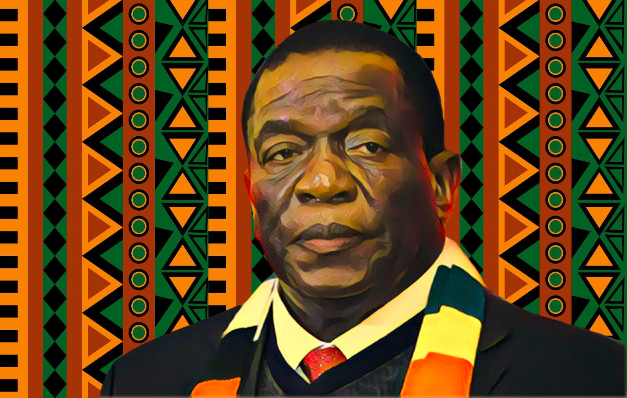In Zimbabwe, Heroes Day is a time to honor the brave men and women who fought for the country’s independence. But this year, as the nation reflects on its past, there are growing concerns that the very freedoms those heroes secured are under threat. Civic society organizations (CSOs) are raising alarms about the current government’s actions, claiming that the values for which these heroes sacrificed are being trampled upon.
The Zimbabwe Human Rights Association (ZimRights) issued a strong statement as the nation commemorated Heroes Day, warning that the freedoms won through blood, sweat, and tears are now in danger. They pointed to a recent crackdown on dissent, which they say shows how far the government, led by President Emmerson Mnangagwa, is willing to go to silence opposition.
As Zimbabwe prepares to host the 44th Southern African Development Community (SADC) Heads of State and Government Summit, the government has reportedly ramped up its efforts to stifle any potential protests. According to ZimRights, this crackdown has led to an increase in human rights violations, with citizens being subjected to arbitrary arrests, surveillance, and even torture.
“Our heroes did not endure imprisonment, exile, and death just so their fellow citizens could live in fear of their government,” ZimRights stated. “We owe it to their memory to protect the democratic freedoms they secured.”
The situation has become even more tense following the alleged abduction and torture of four pro-democracy activists. The activists, Namatai Kwekweza, Robson Chere, Samuel Gwenzi, and Vusumuzi Moyo, were reportedly pulled off a plane at the Robert Gabriel Mugabe International Airport in Victoria Falls. After their abduction, they were allegedly subjected to severe torture—a clear violation of the rights they are fighting to uphold.
The government’s actions are not limited to these four activists. In June, police arrested a group of opposition supporters from the Citizens Coalition for Change (CCC) during a meeting at the home of former minister Jameson Timba in Harare’s Avondale neighborhood. Among the 79 people arrested were Timba and his son. Despite repeated efforts to secure their release, only two of the group have been granted bail, while the rest remain in remand prison. The courts have denied them bail time and time again, leading to widespread criticism of the justice system’s role in suppressing dissent.
The crackdown hasn’t stopped there. Last month, police arrested 44 members of the Zimbabwe National Students Union at Zesa Training Centre in Belvedere, Harare. The arrests followed violent clashes among students that led to the destruction of property. The police claimed they were there to maintain order, but many believe their presence and actions were more about silencing student voices than restoring peace.
Heal Zimbabwe Trust, another civic organization, echoed the concerns of ZimRights, stating that the government’s actions undermine the very principles that the country’s heroes fought for. “The ongoing suppression of civil liberties and unjust detention of political opponents shows that the values of our heroes are being betrayed,” the organization said. They also called for the immediate release of all political prisoners and urged the government to create an environment where every Zimbabwean can express their views without fear of retaliation.
The timing of this crackdown is especially troubling given Zimbabwe’s role as the host of the upcoming SADC summit. The summit is supposed to be a showcase of regional cooperation and unity, but the actions of the Zimbabwean government are casting a shadow over the event. Critics argue that instead of preparing for a peaceful and democratic gathering, the government is more focused on silencing any voices of opposition that might disrupt the proceedings.
For many Zimbabweans, Heroes Day is a reminder of the sacrifices made to secure the nation’s independence. It’s a day to remember the struggle, the pain, and the ultimate victory over colonial rule. But as the country looks back on its history, there’s a growing sense of unease about its future. The very values that the heroes of the liberation war fought for—freedom, justice, and equality—are now being questioned.
Civic groups are not just voicing concerns; they are calling for action. They want the government to stop its crackdown on dissent and to respect the freedoms that so many Zimbabweans fought and died for. These organizations argue that true respect for the country’s heroes means upholding the principles they stood for, not just paying lip service on a national holiday.
Source: Newsday


